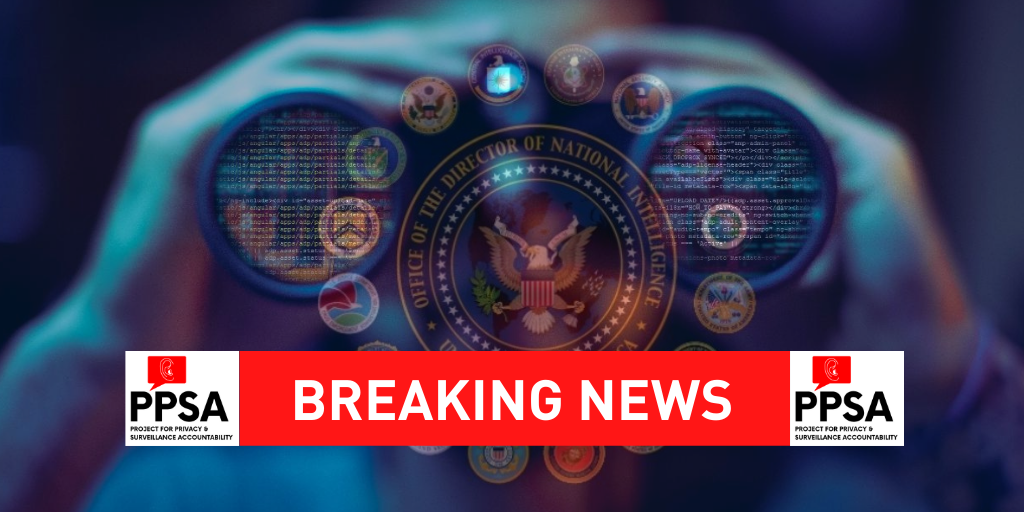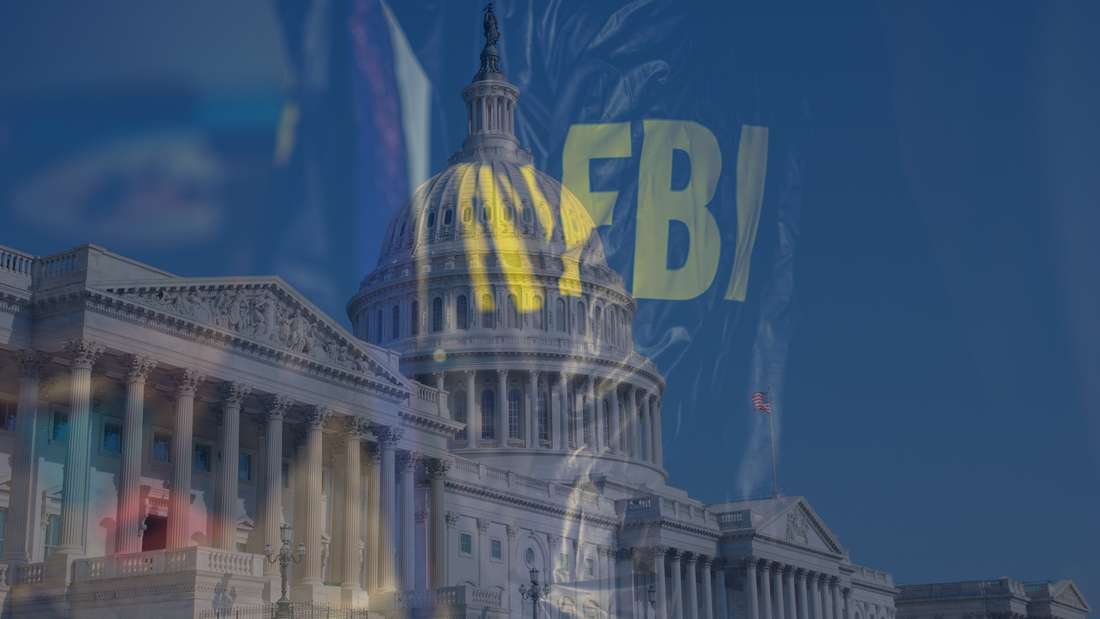|
We’ve long chronicled the downward trajectory of EO 13526, President Barack Obama’s 2009 executive order that boldly sought to stem the tide of excessive government secrecy. President Obama imposed checks on the government by forbidding classification decisions that are made to prevent embarrassment to a person, organization, or agency, and by boosting the ability of the National Archives and Records Administration (NARA) to lead a declassification program.
“My administration is committed to operating with an unprecedented level of openness,” the president declared. At the time President Obama swept his pen over this order, there were 55 million classified documents. And how has that worked out? Today 75 million classified documents have piled up. Some of them date back to the Truman administration. A report released Tuesday by the National Coalition for History makes public the inside grips of NARA in trying to fulfill its mission. The report states that NARA’s flatlined budget leaves its National Declassification Center (NDC) short-staffed and unable to cope with thousands of pending Freedom of Information Act requests. We filed one such FOIA of our own asking a slew of federal agencies in effect if “they’ve done anything to comply with President Obama’s executive order?” Some FOIAs, the History Coalition reports, sit in 12-year queues. But the bigger problems for declassification involve perverse incentives. The History Coalition reports: “Even highly skilled and experienced NDC staffers lack the authority to reverse agency decisions that they disagree with, a dynamic that perpetuates the over-classification problem.” No one ever got fired for refusing to declassify something. No one should be surprised, then, that when you ask the agency that classified a document if it should remain classified, the answer will almost always be “yes.” Another revelation from the History Coalition’s report is that the NDC lacks a secure electronic transmittal system to send classified records for agency referrals. Instead, they are sent on digitized diskettes through regular U.S. mail. You would think that if a document is so sensitive it must remain secret that sending it back with a postage stamp would be a non-starter. That laxity, more than anything, is a sure sign that what is at work isn’t the protection of vital national secrets, but bureaucratic backside covering, the only perpetual motion machine known to physics. What can be done? A good place to start is the History Coalition’s reform proposal to vest the NDC “with the authority to declassify information subject to automatic declassification without having to refer the records back to the originating agency.” Sounds like a good idea to us. Case Involves “Unmasking” and “Upstreaming” of 48 Members of Congress Earlier this week, PPSA asked the D.C. Circuit court to require federal agencies to follow FOIA’s most basic requirement: conduct a search for records. Although that should be simple enough, agencies have been excusing themselves of that obligation at an alarming rate, and PPSA has asked the court to rein in this practice.
PPSA’s request this week for an en banc hearing follows up on a FOIA request PPSA submitted in 2020 to six agencies – the Department of Justice and the FBI, the Office of the Director of National Intelligence, the National Security Agency, the Central Intelligence Agency, and the Department of State. PPSA sought records from these agencies about the possible surveillance of 48 Members of Congress who serve or served on intelligence oversight committees. The request specifically concerns two intelligence practices under the Foreign Intelligence Surveillance Act (FISA). One such practice is “unmasking,” which results in the naming of Americans caught up in foreign surveillance in U.S. intelligence summaries. The other practice is “upstreaming,” the use of a person’s name as a search term in a database. Targets include prominent current and former House and Senate Members, including Sen. Marco Rubio, Rep. Mike Turner, Rep. Adam Schiff, as well as now-Vice President Kamala Harris and former Secretary of State Mike Pompeo. “Their silence speaks volumes,” Gene Schaerr, PPSA general counsel said at the time. “They clearly do not want to answer our requests.” Last year, the district court invoked the judicially created Glomar doctrine, which allows agencies to neither confirm nor deny the existence of records relating to matters critical to national security. In doing so, the district court relied on the D.C. Circuit’s expansion of the Glomar doctrine in Wolf v. CIA (2007) and Electronic Privacy Information Center (EPIC) v. NSA (2012), which allows agencies to refuse to confirm or deny the existence of records without even searching first to determine if any records might exist. In both instances, the federal court allowed the government to skip the search requirement in the text of the Freedom of Information Act. PPSA is now petitioning the court to reconsider this ruling with an en banc hearing with the court. “FOIA’s plain text requires federal agencies to search for responsive records before determining what information they may properly withhold, even in the Glomar context,” PPSA declares. “Wolf and EPIC are untenable in the face of intervening Supreme Court precedent, and they clash with at least three other circuits that, even in Glomar cases, reject deviating from the demands of FOIA’s plain text.” In short, PPSA is alerting this federal court how far it has strayed from precedent and the law. Glomar began as a judicial solution to protect the most sensitive secrets of the nation. In the original case, Glomar protected secrets involving the CIA’s raising of a sunken Soviet nuclear submarine. It has since been expanded to prevent the searching of records; an inherently absurd proposition given that agencies cannot even make a Glomar determination without looking. And Glomar is now reflexively used to plainly defy FOIA, a law that mandates searches. PPSA will report on the court’s response. Judge Rudolph Contreras, of the U.S. District Court for the District of Columbia, gave PPSA a victory in our quest to compel the FBI to search and possibly produce correspondence between Members of Congress and agencies about their “unmasking.”
More than one year ago, PPSA filed suit to follow up on a Freedom of Information Act (FOIA) request asking the FBI to produce documents about the potential unmasking or identification of individual members of Congress whose messages are caught up in intercepts of foreign communications. We specifically asked for correspondence between House Members and Senators with federal agencies regarding unmasking. We also asserted that since the Gates Procedures – the method by which congressional identities are handled and can be deanonymized – are in the public domain, the FBI cannot issue a Glomar response, which neither confirms nor denies the existence of such records. Judge Contreras denied this broader motion, saying it wasn’t relevant to the core request about acquiring correspondence. But he found merit with the other request about correspondence. The judge wrote: “But there exists a separate category of documents: communications between the FBI and Congress that are a degree removed from FISA-derived documents and which discuss congressional unmasking as a matter of legislative interest, policy, or oversight … The FBI must conduct a search for any ‘policy documents’ in its possession.” FBI attorneys had argued that the core of our request was for “operational documents” concerning congressional unmasking. Judge Contreras rejected that contention, noting there are not necessarily any law enforcement procedures, techniques, or guidelines “that would risk circumvention of the law … because acknowledging the existence of congressional inquiries would not necessarily reveal anything about the FBI’s operations.” Such policy documents are “well within the four corners of the FOIA request.” If the FBI follows it traditional path and issues a Glomar response anyway, PPSA will be there to press further litigation. And we will report any findings with alacrity. |
Categories
All
|




 RSS Feed
RSS Feed